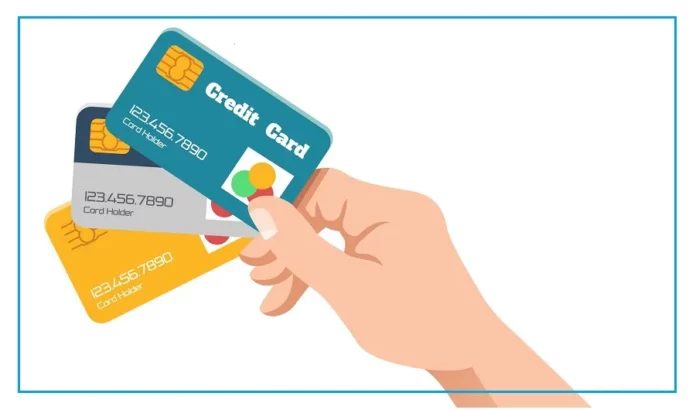Credit card users in India might now have to pay higher late fees.
This is due to a decision by the Supreme Court on December 20, 2024, to suspend a ruling made in 2008 by the National Consumer Disputes Redressal Commission (NCDRC).
If customers fail to pay their full credit card bills on time, they will face increased charges.
Supreme Court’s Recent Decision
On December 20, 2024, a bench of the Supreme Court, led by Justice Bela Trivedi
and Justice Satish Chandra Sharma, ruled in favor of major banks like Standard Chartered Bank, Citibank, and HSBC.
The court temporarily halted the NCDRC’s 2008 decision that had limited the fees and interest rates banks could charge on overdue credit card bills.
What Was the NCDRC’s 2008 Ruling?
Back in 2008, the NCDRC had set a limit on credit card interest rates, preventing banks from charging more than 30% annually on overdue bills.
At that time, many banks charged interest rates between 36% and 49%, which the NCDRC found excessive and unfair.
The commission also noted that banks’ standard lending rates were much lower, between 10% and 15.5%.
It argued that credit card customers had little choice but to agree to these high terms when signing up.
Additionally, the NCDRC highlighted how banks’ aggressive marketing of credit cards contributed to more people becoming cardholders.
Comparison with Other Countries
The NCDRC compared India’s credit card interest rates with those in other countries.
In the US and the UK, rates typically range from 9.99% to 17.99%, while in Australia, they are between 18% and 24%.
These findings showed that India’s rates were much higher than international standards, adding weight to the commission’s argument that the rates in India were unreasonable.
